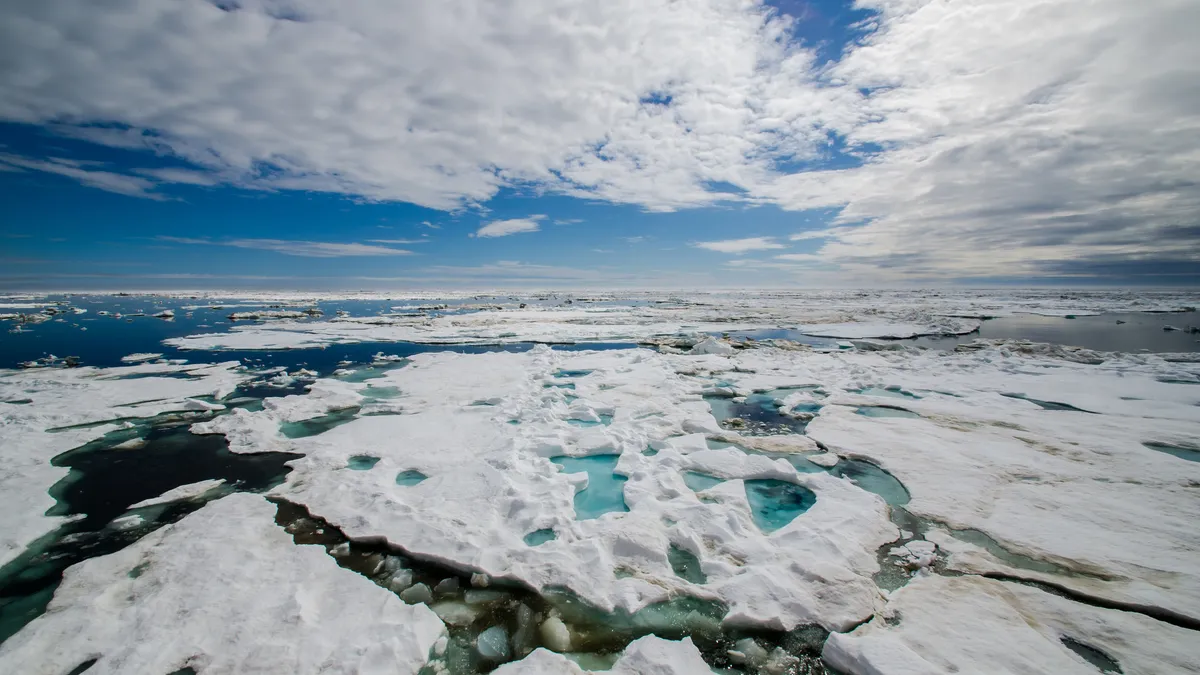UPDATE: An amended version of the Save our Seas Act has passed in the Senate and, as of Aug. 4, referred to the House of Representatives. The passed version allows the NOAA administrator to make money available to a state or states where a "severe marine debris event" occurs to assist with cleanup. The administrator can also take other actions that are deemed "appropriate in response to the severe marine debris event." The passed version calls for NOAA to work with other agencies to develop "outreach and education" strategies for land-based and sea-based sources of marine debris.
In addition, the Senate passed a "sense of congress" resolution, calling on the president to support research to reduce municipal solid waste. That resolution includes collaboration with foreign countries, studying how solid waste enters the oceans, the economic impacts of marine debris in the ocean and, if determined to be "appropriate," increased technical assistance and investment in waste management infrastructure.
Dive Brief:
- Senator Dan Sullivan (R-AK) has introduced a bipartisan bill called the Save our Seas Act (S. 756) to address the mounting costs of cleaning up marine debris in coastal states, as reported by the Alaska Dispatch News.
- The bill would give the National Oceanic and Atmospheric Administration (NOAA) more authority to provide funding for states that need assistance. Similar to the way natural disasters are handled, governors could request a declaration and matching funds from NOAA for marine debris issues.
- The bill also asks the State Department to coordinate with the countries where much of this debris is originating on potential solutions. Research has shown that China, Thailand, the Philippines, Vietnam and Indonesia are among the top contributors to this problem.
Dive Insight:
NOAA already has the authority to study and address this issue under the 2006 Marine Debris Act, so this bill's stated purpose is to "reauthorize and amend" that existing mission. With the longest coastline of any state by far, Alaska is particularly affected by the global marine debris crisis. A recent study of beaches throughout the state showed that more than 11 tons of waste were collected from these areas in 2015 and plastic comprised the majority of it.
The massive scale of this problem can be daunting, with the potential for 250 million metric tons of plastic in the oceans by 2025 and more plastic than fish (by weight) by 2050. Many innovative projects are underway to collect the material and turn it into shampoo bottles, fuel, sneakers and much more. Yet even if all of these efforts are successful, large quantities of material will still be washing up on the shores of coastal states for many years.
Despite all of these factors, this bill could have a hard time gaining traction in the current D.C. climate. When asked about this issue during the confirmation process Environmental Protection Agency Administrator Scott Pruitt was noncommittal. President Trump's proposed budget also included cuts to the State Department, NOAA and waste management programs in Alaskan villages. Yet the fact that this has a rare amount of bipartisan support among unlikely allies, as well as the plastics industry, and asks other countries to take more responsibility for how their actions affect the U.S. may give it a chance.














